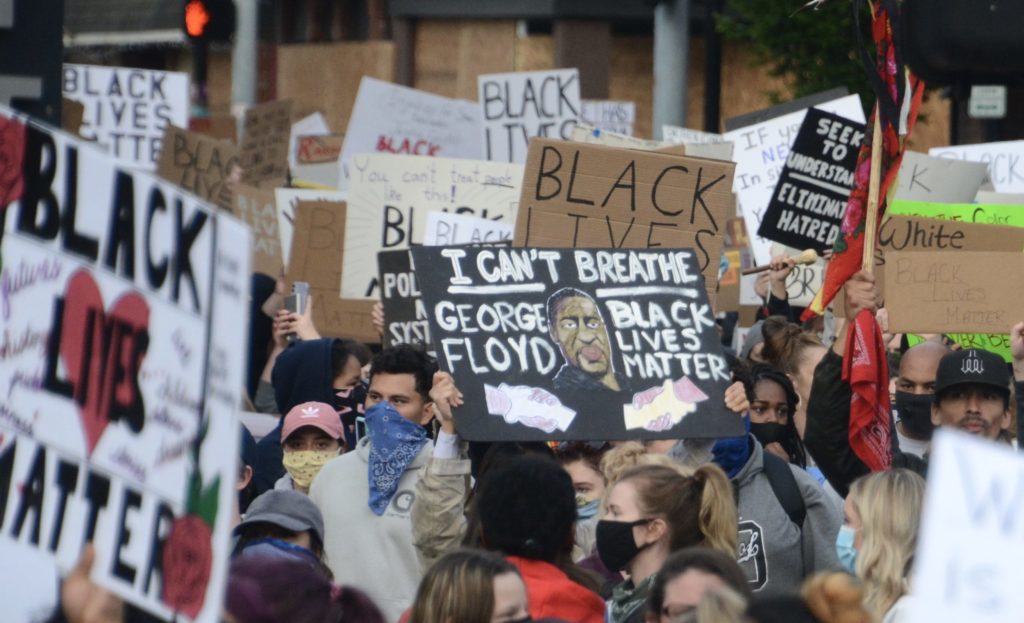Racism Violates Human Exceptionalism
As the country mourns the awful killing of George Floyd in Minneapolis, we should reflect on the importance of human exceptionalism in fighting the poison of bigotry in all its forms.
Human exceptionalism understands that we each possess unique and immeasurable value simply and merely because we are human. All of us possess equal intrinsic and inalienable moral value as an objective principle. That is, we are not obligated to “earn” our status by possessing capabilities, attributes, or personal characteristics. We are equal because we are human. Nothing else is required.
From a human exceptionalist perspective, racism is evil because it treats inherent equals as if they are unequal. And in the fiction, the racist justifies discriminating against, denigrating, and/or objectifying the targeted victim based on the fallacy that “the other’s” life is somehow less important or worth valuing. For people of faith, racism also rejects the victim as being equally made in the likeness and image of God. Talk about hubris!
Racism also violates our duties to love and respect each other simply and merely because we are human. Discriminatory behavior violates our duty as human beings to treat each other as we would want to be treated ourselves. Bigotry is an unacceptable form of withholding. It denies the mutual love we each owe to — and are entitled to receive from — all.
George Floyd is dead because the police officer who pinned his neck to the ground wanted to dominate his prisoner, perhaps because of Floyd’s race — or maybe, simply because the officer, drunk with his own power, simply thought he could. Domination — when not temporarily engaged to prevent danger or thwart harmful actions — is a gross abuse of authority. It denies the respect we are each owed, and in a non-proper policing context, impedes human freedom.
The highest and best historical examples of constructive moral leadership have always emanated from a human exceptionalism core, sometimes radically so. Jesus Christ’s Parable of the Good Samaritan stands not just for the proposition that we are to love our neighbor as we love ourselves, but also, that all are our “neighbors,” including those — in that example, the Samaritans — who had been traditionally scorned. The ringing statement in the Declaration of Independence that all men are created equal, is steeped in human exceptionalism principles. So too, Martin Luther King’s ringing pronouncement that we should all be judged by the content of our character rather than the color of our skin.
If we are ever to free ourselves of the scourge of racism that has caused so much suffering in our history, love that exhibits a deep regard and unshakable respect for each other — simply and merely because we are all human — is the only way. In this sense, human exceptionalism is the essential foundation of freedom and thriving, the only path to our society’s salvation.
